Back in April 2017, I stumbled upon a game in the PlayStation store. For some reason – whether the flashy key art or character design – I did something I never do: I bought the game without any research. No reviews, no gameplay footage, nothing. It ended up being one of the biggest surprises and best gaming purchases I’ve ever made. That game was Persona 5.
Fast forward to now, and I’ve played all the spin-offs, reviewed a few of them, and have a permanent reminder of my love for the series in the form of a tattoo. So when I say I’m a fan, I mean it quite emphatically.
Of course, I jumped at the opportunity to review Persona 5 Tactica, the newest tactical RPG entry to the series. Having played through Persona 5 Tactica, experienced its new story, and gotten to grips with its foray into another new genre, I can say it is a good game, but also one that I believe doesn’t quite do enough to live up to my expectations or its namesake. Persona 5 Tactica is my least favorite in the P5 family of games.
Key Details
- Developer – Atlus
- Publisher – SEGA
- Release Date – November 17, 2023
- Price – $59.99
Didn’t Quite Steal My Heart This Time
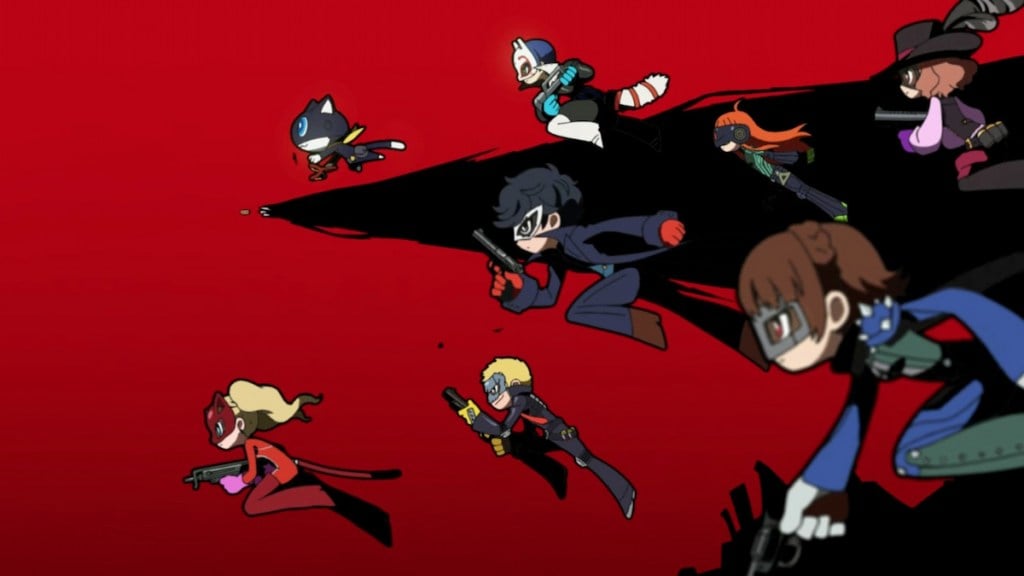
Those familiar with Atlus don’t need to hear from me that their storytelling tends to be top-notch, which is doubly true regarding Persona 5 titles. But how does it fare this time around? It’s pretty good, albeit there were a few gripes and grievances that nagged at me, and it’s definitely not the franchise’s best showing.
In terms of setting the scene, it’s the same schtick you have seen from the Phantom Thieves before; they are going about their typical day, something wacky happens, and they end up in a new world filled with danger and despair. This time around, it takes place in areas called Kingdoms, areas filled with downtrodden victims of tyrannical rulers, and it’s up to you and the other Phantom Thieves to set things right and bring on the revolution.
From there, fans can expect that Persona 5 goodness to come at you with full force, with a plot that once again touches on some rather serious subject matter and tells it in a mostly effective way, although this time not quite as well as previous iterations.
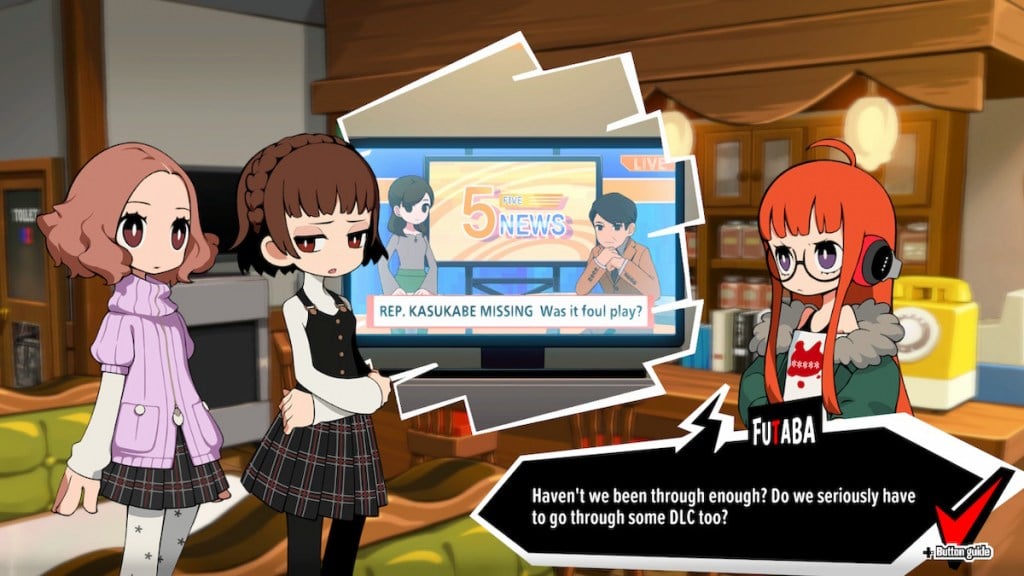
I won’t divulge all the juicy details in this review since a Persona game’s strength is its storytelling. Still, what is here I found pretty entertaining, especially the first couple of hours, throwing you into the game with little preparation. I was fired up and ready for the action, and it did deliver that off the bat during those opening hours. However, it began to ebb and flow between engaging and sluggish.
You experience most of the story through dialogue in static screens, with still images of the game’s characters that alternate depending on context and the dialogue, with the occasional dialogue choice to keep you engaged. It also makes a lot of references to events and characters from the original Persona in these moments that newer players will likely be clueless about. It has a memo system that adds notes and details on these events, but it’s still worth mentioning since players unfamiliar with the series aren’t exactly eased into the world.
At times, they were interesting, pushing the plot into its next moments, and kept me invested in the world and the struggles of its characters, especially in the more pivotal moments. But outside of those more impactful moments, my attention tended to drift a bit when they overstayed their welcome.
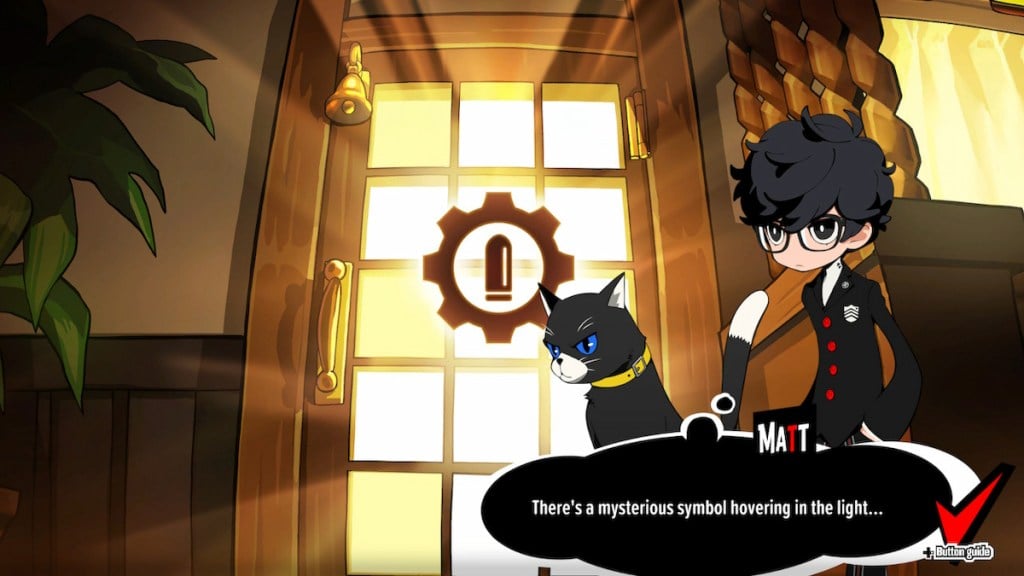
Where other Persona titles constantly had hooks keeping me involved, whether that’s through side conversations or the Confidant system – which once again isn’t included in this spin-off – Tactica would occasionally lose me and honestly make me a bit worn out reading through and listening to so much dialogue; something I never thought id say with a Persona title.
Like other titles, it’s a granular process and takes a bit of time to get going, and that is the case here. But this time, it didn’t hook me quite as much as previous games of the world had. Whether that is due to the genre and creative choices or franchise fatigue will vary from player to player, though for me, it’s likely a bit of both.
In that regard, it’s one of the weaker stories regarding pacing in the P5 catalog. It’s also a much more linear offering without some of the flair in other games, like the freedom to explore areas or having daytimers between major events. Instead, it has little to no wriggle room, and it’s a bit of a downer because of that.
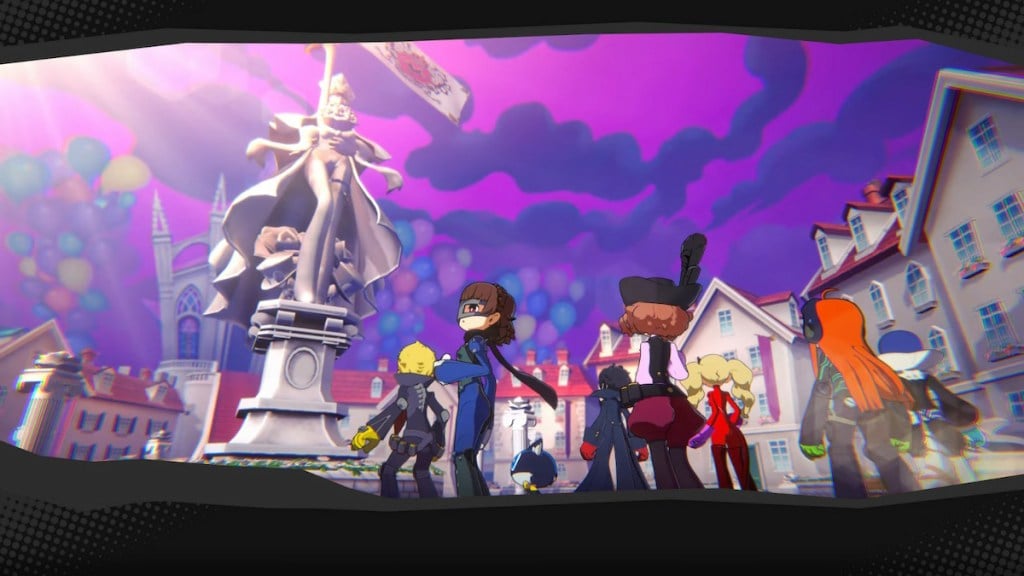
With that said, my biggest reason for playing Persona is the characters; once again, they are the stars of the show and saved me from my moments of waning attention.
The whole main cast is back, and it feels like seeing old friends again. Each is uniquely distinct, with a mixture of troupes and quirks that add flavor to the game, making every moment more enjoyable, including the ones that strained my attention. What’s more, they all work together brilliantly. Each character has a relationship with another, and they all play off each other in what feels very organic and natural for a young group of teenagers, albeit with a bit more know-how. It’s the glue that holds the plot together.
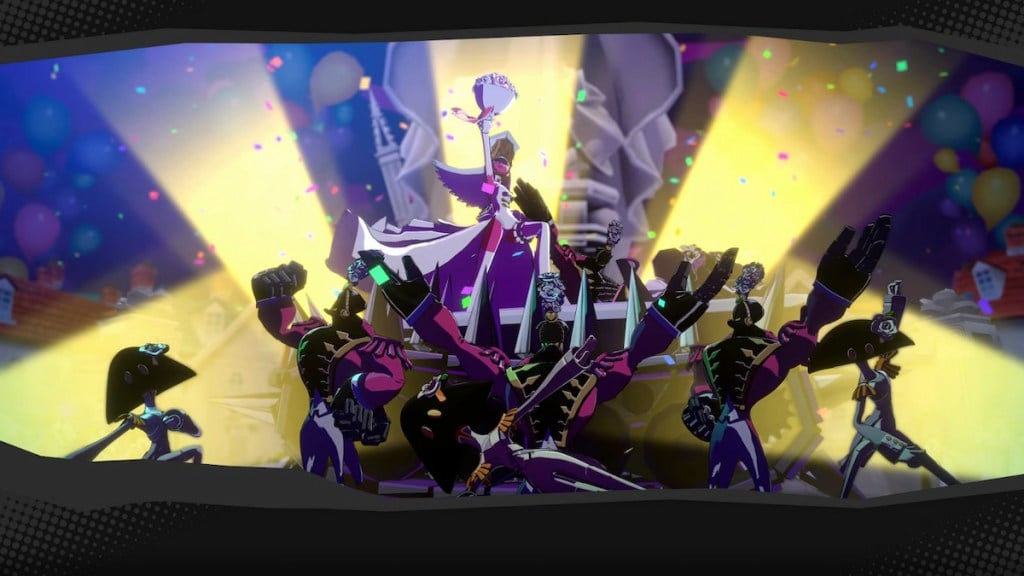
The only downside is that this game has the least personal moments between the characters and yourself, the protagonist. It once again doesn’t include some version of the brilliant Confidant system either seen in the first title, which provided so many of those moments. However, excluding these, they still were a highlight of the experience, just one with a little less oomph.
The new characters Erina and Toshiro slot into the group effortlessly, adding their own personalities to the group without being outdone or overshadowing the other cast members, and both are equally distinct. Erina brings a fiery, determined attitude to the group and missions, while Toshiro is a little comic relief with some surprising revelations to discover.
On top of that, everyone is fully voiced once again by the same actors in both Japanese and English, and they all do a stellar job of once again bringing the characters to life, though by this point, that is to be expected.
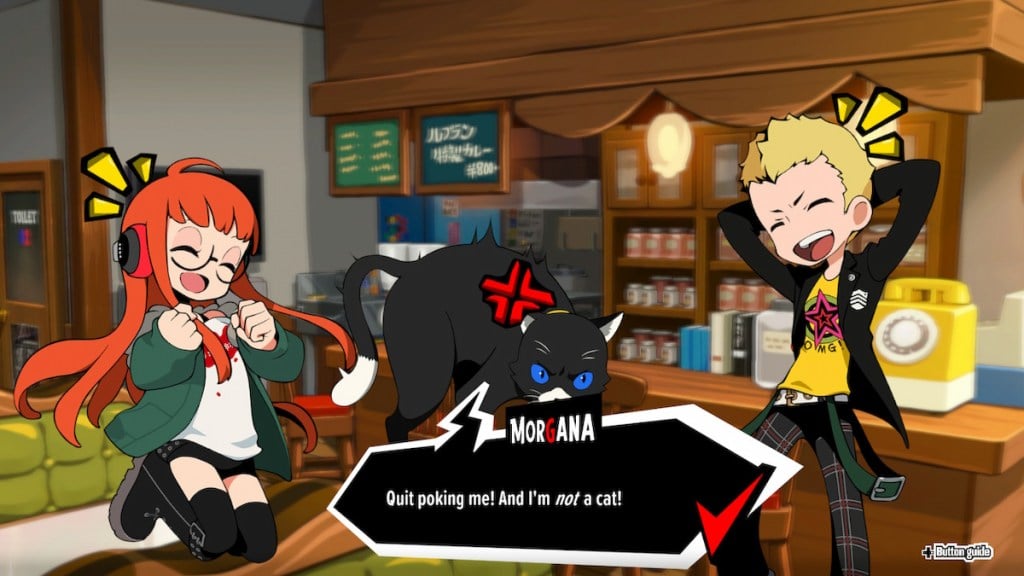
Let’s get down to brass tax: Is the story bad? No, it’s not. In fact, I can see it being very enjoyable for many players, and while I had some grievances with the game, it was not badly told or presented. But for me, someone who has played many hours of nearly every Persona 5 title, it wasn’t quite as engaging as others, and the characters did a little more heavy lifting this time around to make it enjoyable.
The Phantom Thieves Return In Style
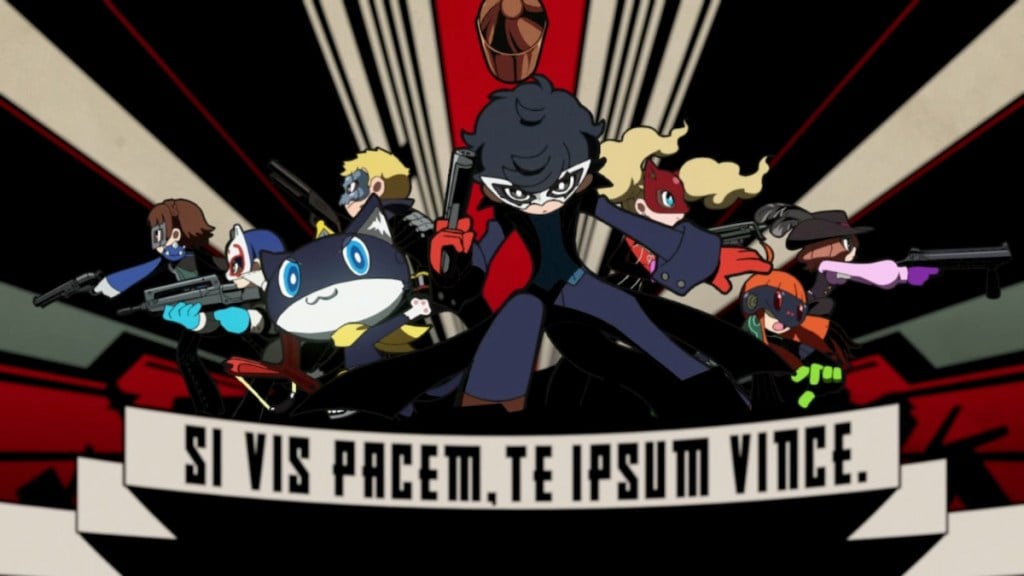
Of course, I can’t talk about a Persona game without mentioning its visuals and sound design; in fact, it would be criminal not to, and they are, as expected, absolutely fantastic.
Sporting a more cartoony style this time around, the game is a feast for the eyes, much like Persona titles before. It has ample color, style, flair, and charm that make it a real spectacle. Cutscenes are the best example of this, with fully animated and voiced characters in all their glory, though these are few and far between.
Every Kingdom is stylish and varied, with a different theme and time period inspiring the look of the enemies, areas, and battlefields that bring the world to life with various eye candy, including a European-style castle and city and Japanese town and temple. As for characters, they are just a good looking, all sporting their same looks and attire both in and out of Phantom Thief gear, and their redesigns to fit the more cartoon style don’t take away any of the distinct features or style but reiterate it into this new version of the Persona 5 world.
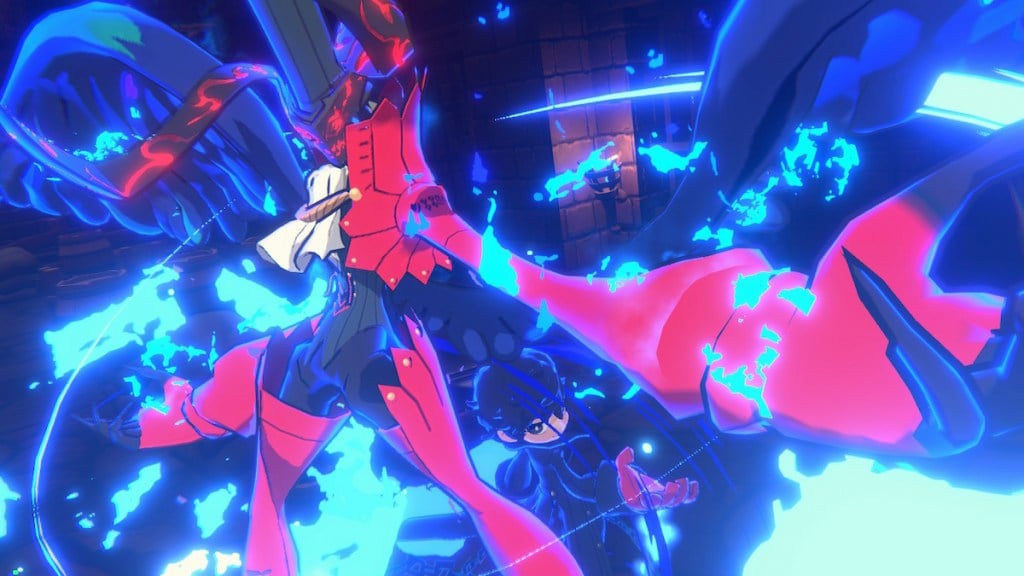
Accompanying this visual treat is an equally fantastic soundtrack, which sees Persona 5’s resident vocal queen Lyn Inaizumi return to offer her voice to multiple new tracks, all of which share the same mixture of acid-jazz, rock, funk, electronic, and anything else they fancy. In combat, dialogue, cutscenes, you name it, it’s got a stellar piece of music underpinning it all, and it once again some of the best you’ll hear, likely in any game.
Everything from big animations down to the most minor UI details is stylish, sharp, and detailed, and its music is beautifully performed and exceptionally creative; it all showcases yet again the team’s creativity and commitment to making their games look as good as possible.
Tacti-Kinda-Cool
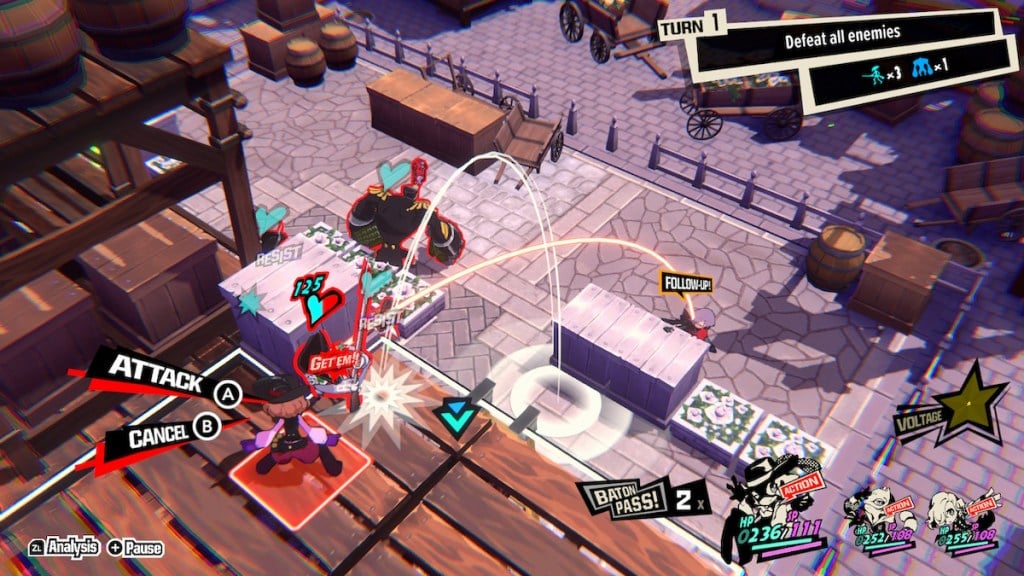
For this newest outing of Persona 5, Altus has decided to take a crack at a tactical RPG, and with that comes a lot of the genre staples with some Persona twists thrown in. You might expect deep tactical gameplay, layered mechanics, and some RPG elements to top it off. For the most part, you would be correct, but they also left me a little deflated.
The core gameplay sees your party of three, which you choose from the fairly extensive list before a mission, tackle combat against a group of enemies in single-area maps. Within those maps, you’ll find cover to avoid and mitigate damage, healing spots to get health back, and different levels of elevations that provide bonuses to your strategic options. In that sense, it’s familiar to fans of the genre while also being pretty accessible to newcomers, mainly since the game is heavily tutorialized and explains everything well, so there is no need to worry if you are new to it.
It’s a quicker-paced game than you might expect for a tactical RPG. Most battles can be over relatively quickly, taking me around ten or slightly more minutes to clear in most cases when opposed to games like Fire Emblem or XCOM, which sometimes take almost double that. That is partly due to some of the game’s Persona-flavored features working their way into the core gameplay.
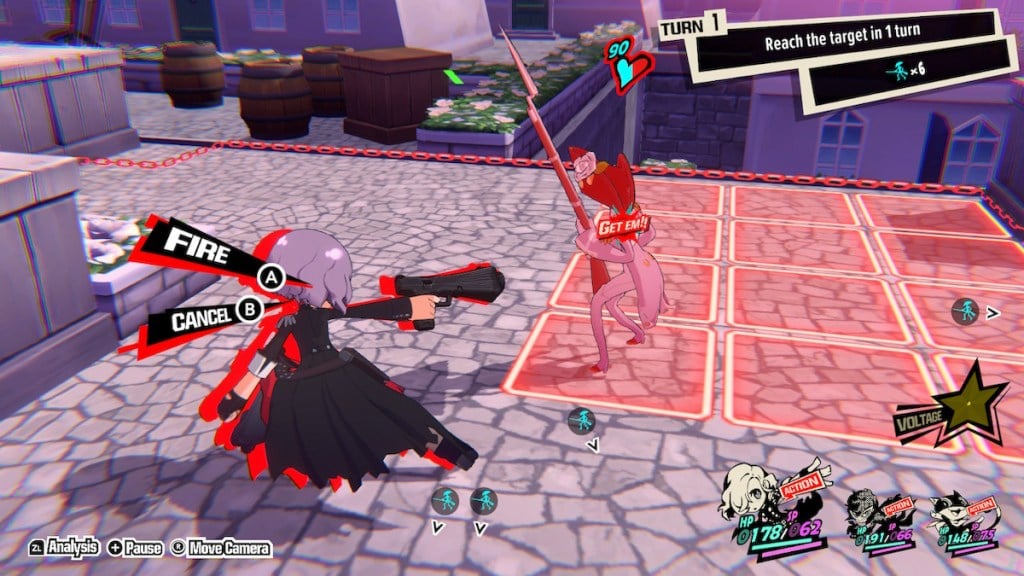
For one, you have the game’s version of the One More System. This sees players get extra action after downing an enemy, similar to how resistance works in Persona 5, though in a simpler fashion. You attack an enemy out of cover or use a Persona skill to get them out and vulnerable, and then you can take another action to attack, move, and set up more strategies. In truth, with some practice, this becomes second nature, and you will find it incredibly easy to chain together a seemingly endless chain of moves across your party.
Then you have the Triple Threat, a finishing move-style attack, like Showtimes seen in previous titles, that has the potential to wipe a whole battle’s enemies in one go. You can trigger one by knocking an enemy down, which will cause a triangle-shaped area to appear between your characters, which you can move around to encapsulate your enemies and blast them away with a flashy animation and heaps of damage. They both are good additions that add some of the distinct Persona flair but also contribute to one of my main issues with the gameplay.
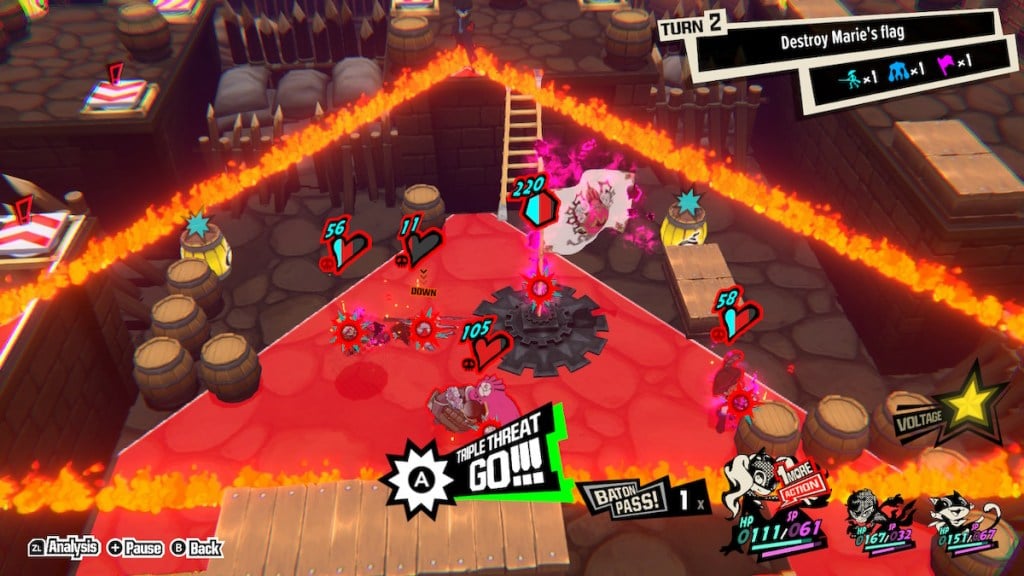
Where you could argue tactical games can drag on their combat, Persona 5 Tactica often feels the opposite. I would blast through encounters with little to no issue, even on the higher difficulties, which didn’t present any real challenge. Of course, some took a bit longer to complete, but even then, they still felt relatively speedy.
I found that I wasn’t always as careful as I would have thought, and at times, I was surprisingly aggressive in my approach since using melee to set up attacks or move enemies, and pushing for those extra moves was easier the more I took the fight to the enemy. It’s certainly a different kind of tactical game in that regard and one I did find fun at times, but it made that sense of speeding through the game more prevalent as I progressed. It also made the rewards for optional objectives on each mission less special since they weren’t a real challenge, and clearing stages quicker with no KOs proved the norm.
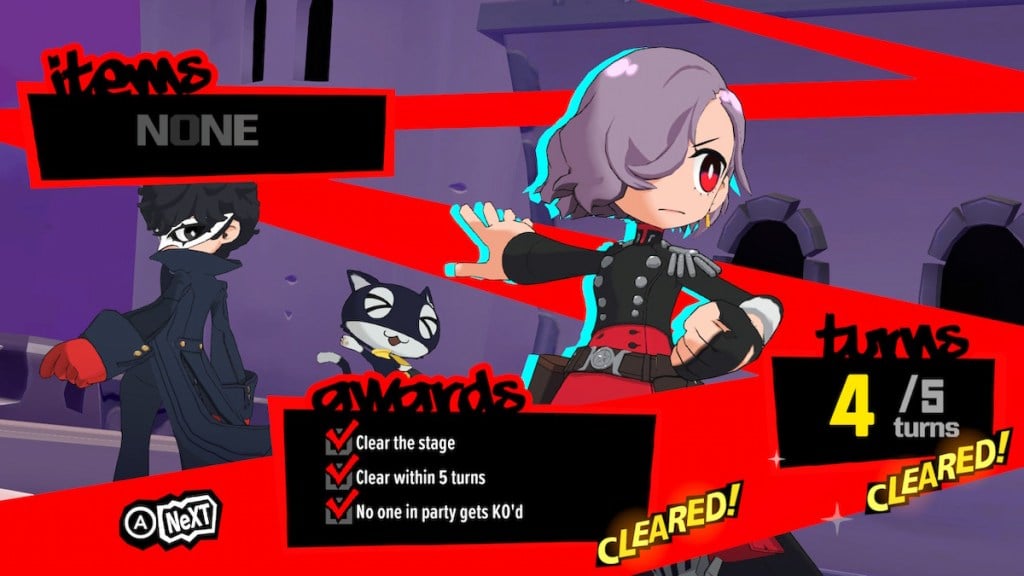
The exceptions to this were the boss battles, which provided some extra challenge and exciting gameplay opportunities. This is also doubly true for Quests, which were optional missions sprinkled throughout the game that were a highlight in terms of their difficulty and enjoyment. Some require you to finish a level in one turn, while others might involve moving an object to a set location. These offered more variety than many story missions and were some of my favorite moments with Tactica.
I am not suggesting that the game’s core gameplay or mechanics are lacking or that they were not fun. They didn’t quite gel with me as much as I expected, and the quicker, relatively easy missions grew a little tedious after a while, even if I found the way I was playing them rather enjoyable.
Persona Powered Revolution
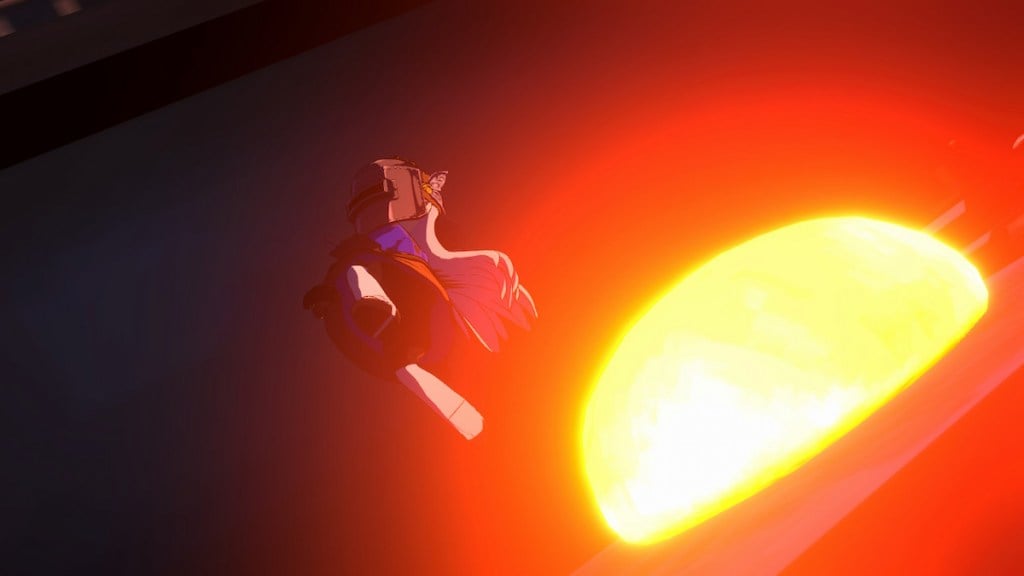
We’ve touched on the tactical part of the game; now let’s explore the RPG elements, which combine old, familiar personas with some new and reworked additions for a solid package.
Given it’s in the name, let’s touch on Personas first. These powerful beings give players their powers and the ability to use special attacks, buff allies, and heal during battle. These return to Tactica and have a few changes this time.
On the one hand, some restrictions from previous titles have been removed. Where Joker, the player character, was originally the only one able to use multiple Personas, now every party member can have their primary, story-related Persona and a Sub Persona. These Sub Persona work the same way as your main ones, providing additional stats to whomever they are equipped to and bringing extra abilities to give you more options and variety in your party makeup.
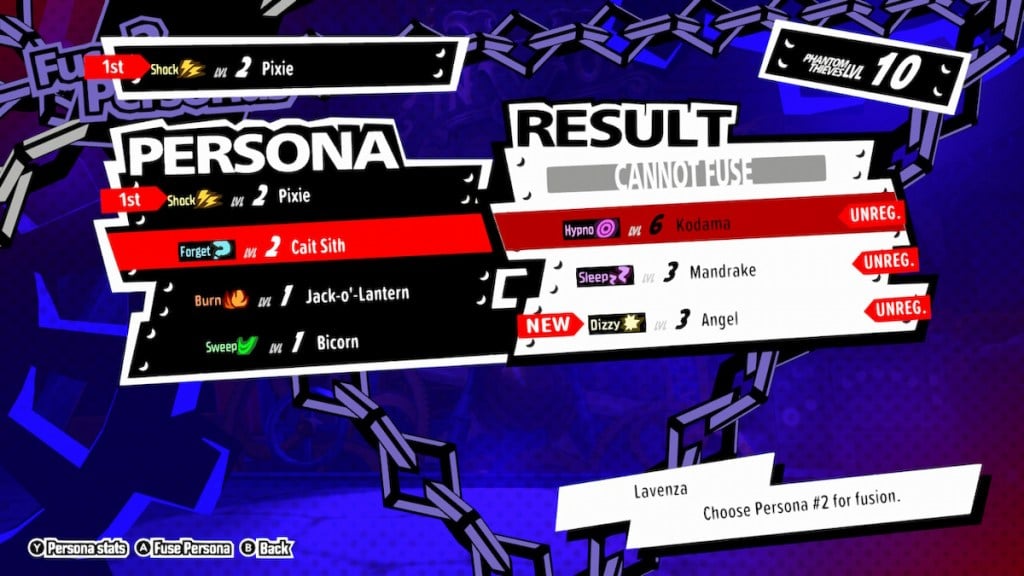
However, on the other hand, they are also restricted more than previous iterations of Persona 5. These Sub-Personas only have two abilities, one by default and one inherited through the fusing technique seen in previous games, letting you mash Persona together to create new ones.
It creates this trade-off that I find equal parts well-designed but also a bit jarring. The smaller number of abilities and dividing Personas amongst the party make each choice more impactful and give everyone a little more freedom in how you use them compared to other games. That said, I couldn’t help but feel that it was missing some of the depth we had seen previously in the series or what could have been. Not that it’s bad, mind you, just one a Persona 5 fan like me had to get to grips with.
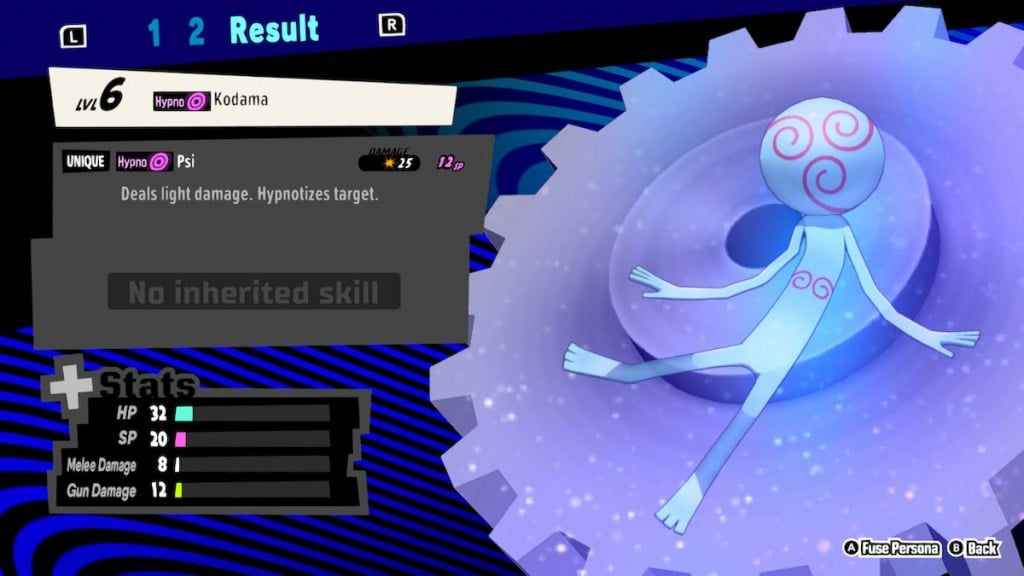
Additionally, The Velvet Room makes it return for players to fuse, manage, and experiment with the Personas, once again starring Lavenza as its caretaker and helping you handle all your Persona-specific needs. Like Persona’s, this is a little dumbed down than before, with fewer options to unlock as you progress through the game, though still giving players a healthy amount of choice and depth. It quickly becomes second nature to head here after unlocking new Personas from missions or to beef up your party with some new additions, and in that respect, it is precisely what it needs to be and does it to great effect.
Then we have Skill Trees, the new addition to the franchise that allows for more choice in how you progress your party members. Each character has its own tree, all of which are similar aside from a few unique passive abilities and their respective elements, and all do give you some noticeable upgrades as you earn Growth Points to unlock more of the tree. It’s a nice addition that fills the gap left by the simpler and absent systems, adding a little of that depth back into the mix.
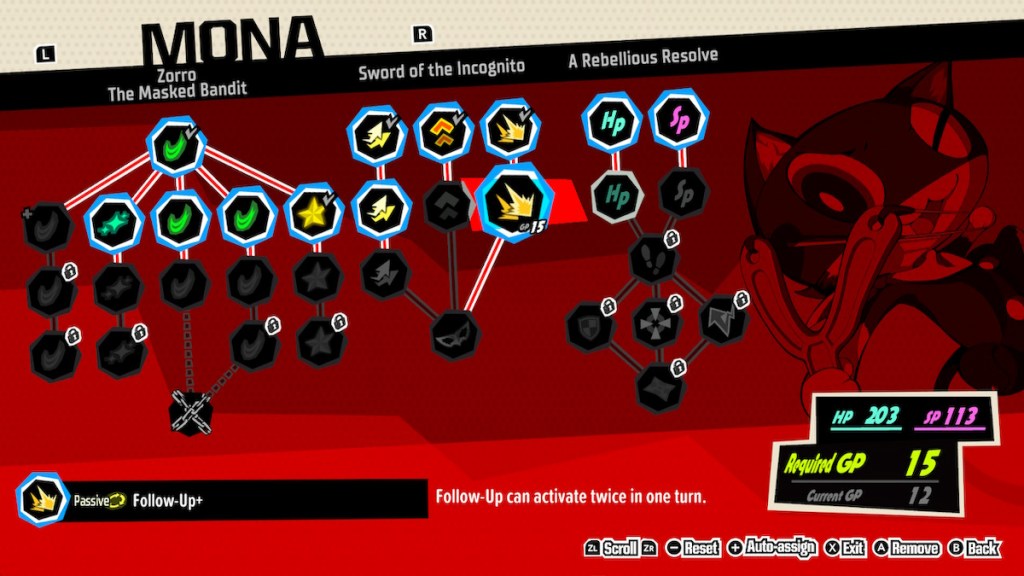
Each system adds to the experience in notable ways, though some felt more impactful than others or a little more fleshed out. That said, together, they add some layers to the gameplay that I was thankful for, and that did scratch that tactical and RPG itch, just maybe not completely.
Verdict
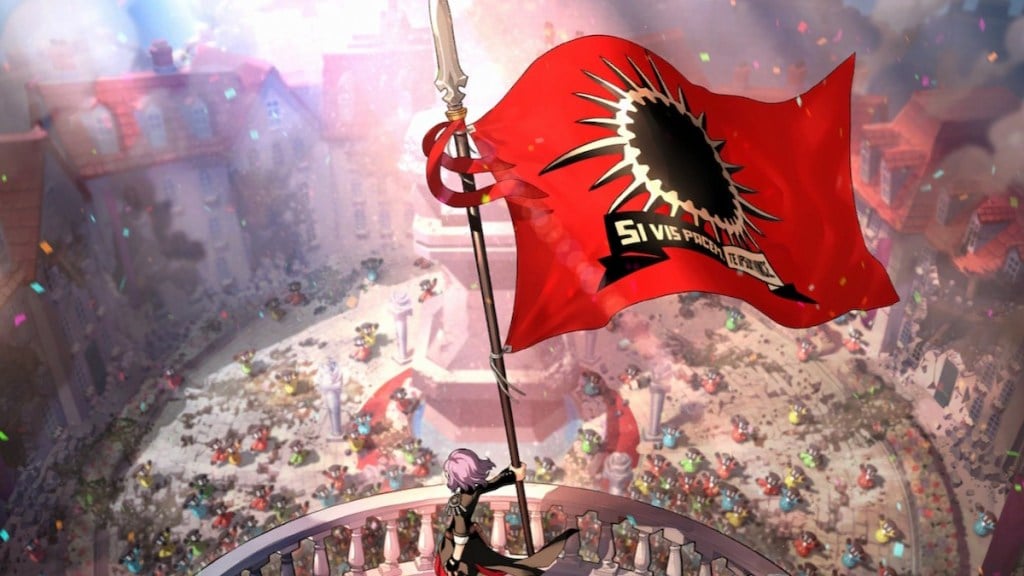
If I sounded conflicted in this review, it’s because I was. I have a deep love for Persona 5, evident from my previously mentioned tattoo, and I am always willing to try the next adventure involving these fantastic characters. But as you can tell by this point, it wasn’t quite what I had hoped for.
The strategic gameplay is fun but isn’t quite as deep as I expected. The story has moments that felt very on-brand for the series and well done, while at some other points, I wasn’t grabbed like I felt I should. The RPG elements are well made and add to the experience, but they don’t have the same punch as its namesake.
I can see fans of the series enjoying it, but compared to its brothers, it isn’t as strong an entry, and franchise fatigue plays a part in my feelings towards the game. Perhaps Atlus should consider looking to the next era of Persona before they end up tarnishing the great legacy created with this one.
- Characters are once again top-notch
- Quests and boss battles were highlights
- Visually stunning, and the soundtrack is bussin'
- Never quite scratched the tactical RPG itch
- It doesn’t feel as layered or nuanced as I had hoped

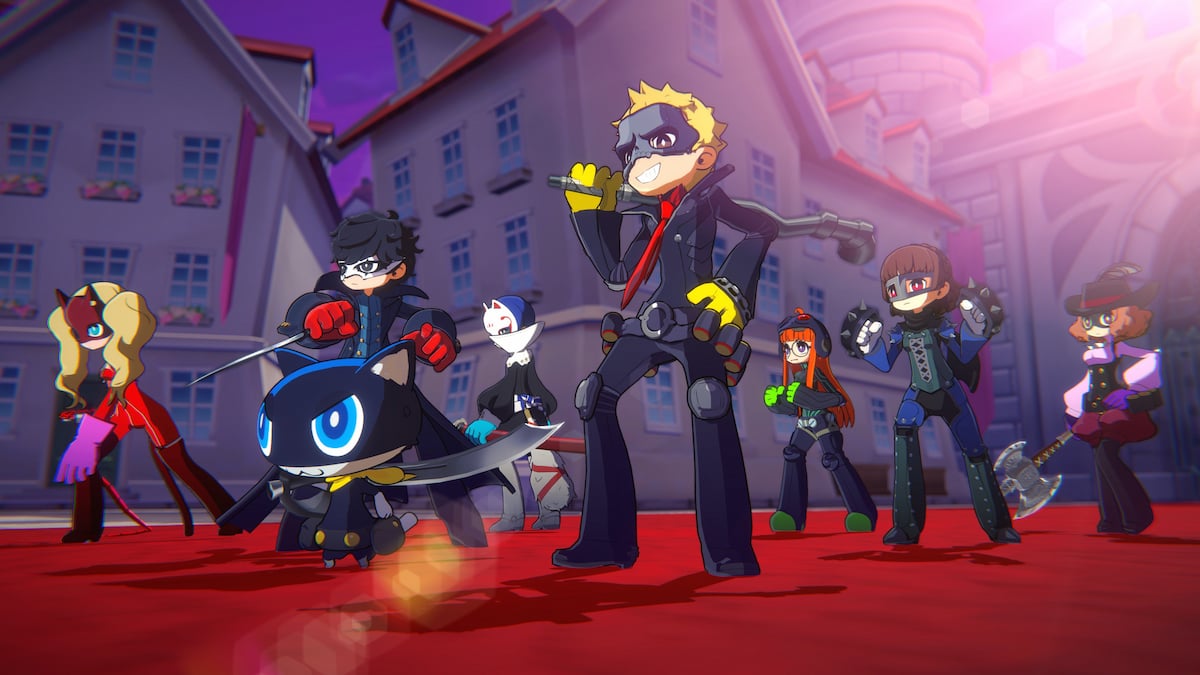
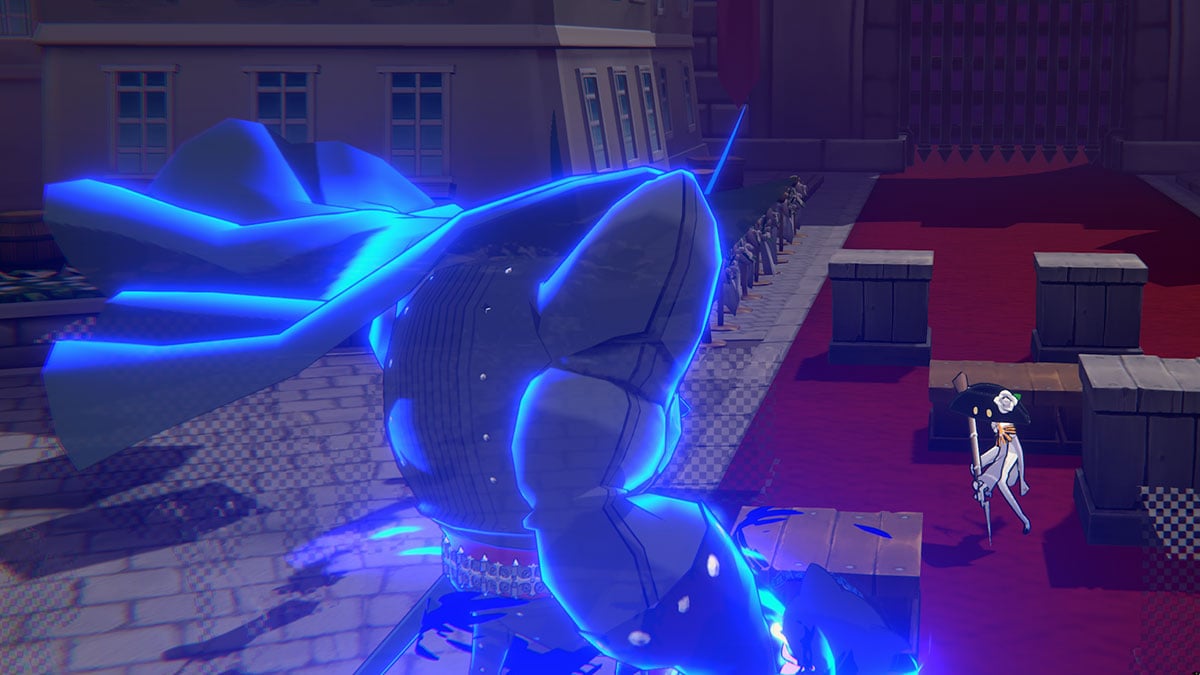
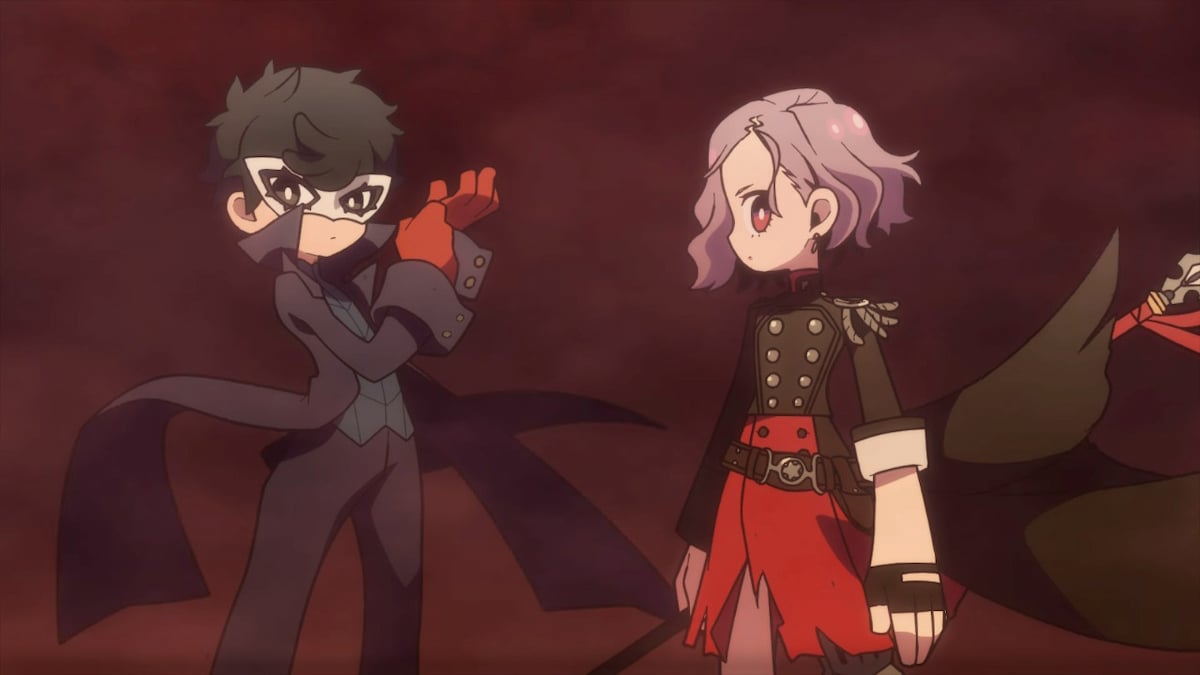
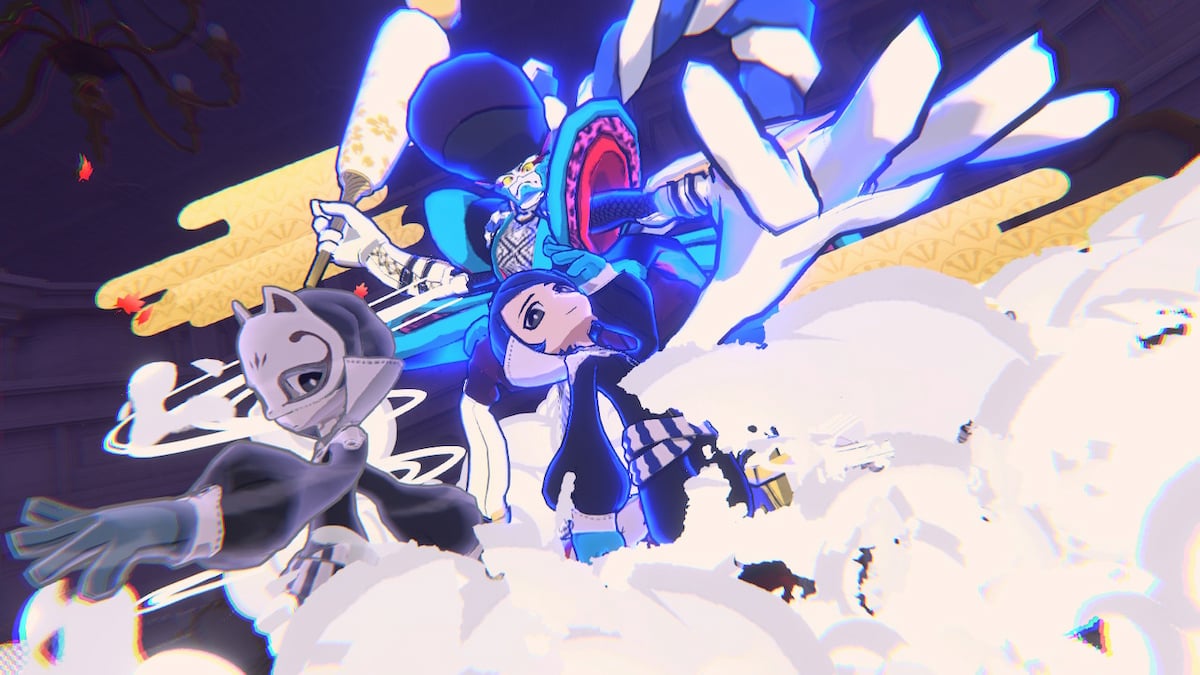
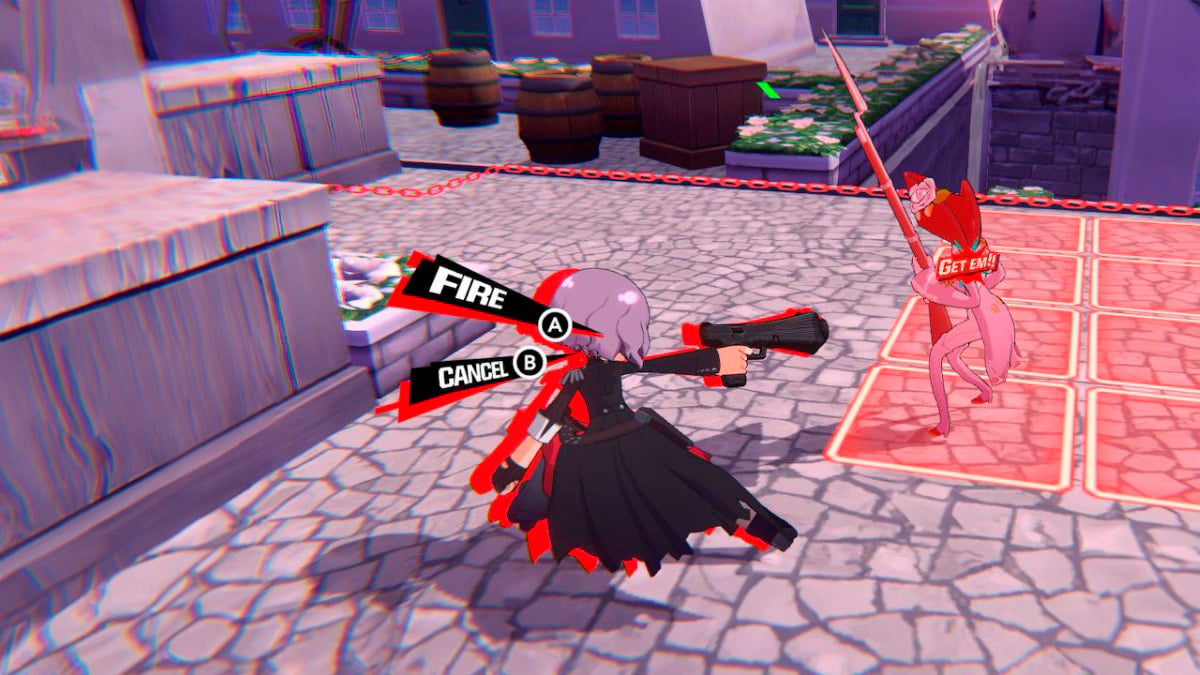
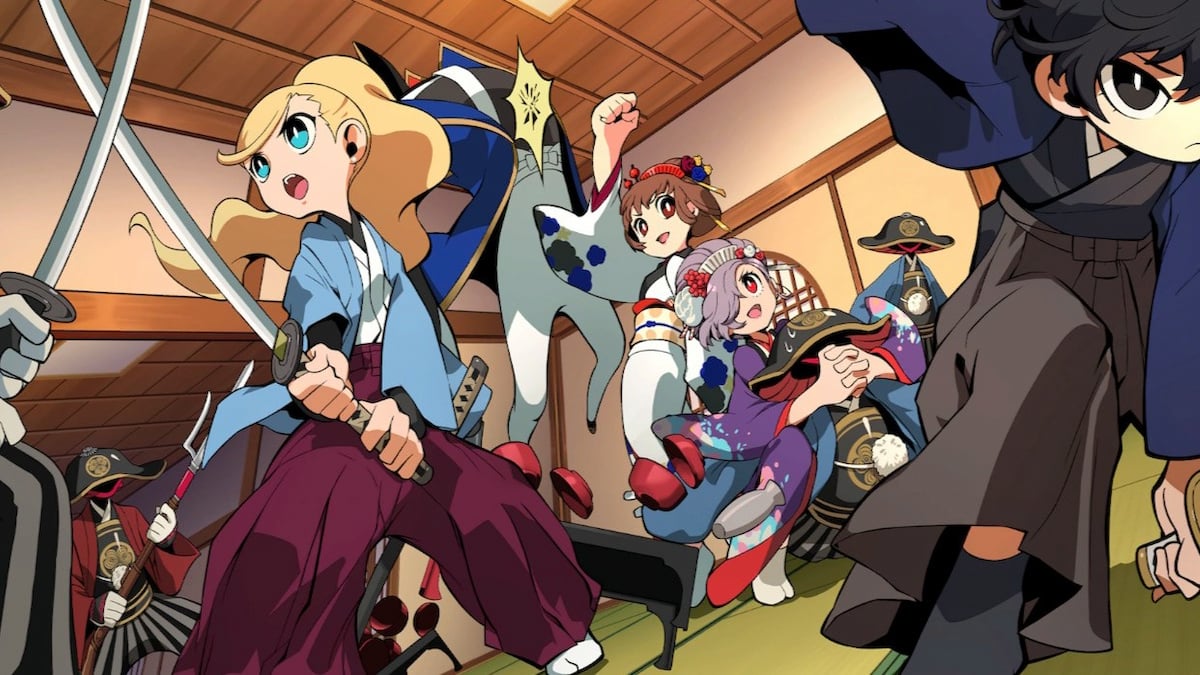
Published: Nov 14, 2023 11:00 am